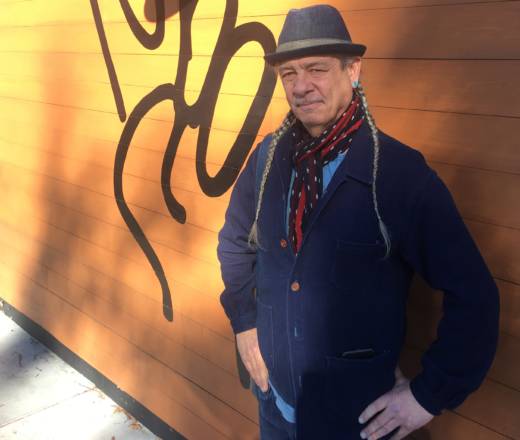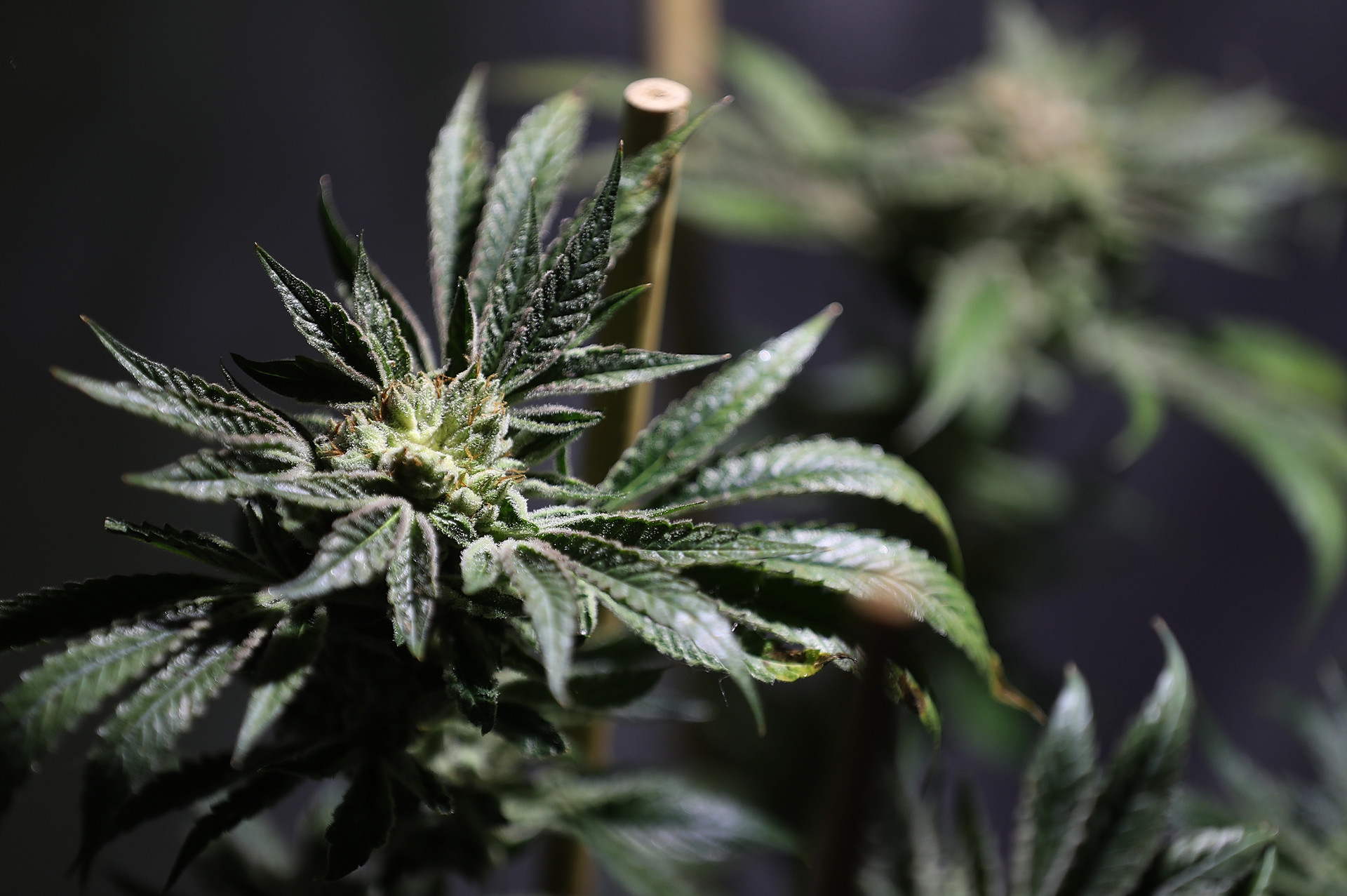The vibe at Harborside’s facility on Oakland’s Embarcadero is a cross between nature museum and Apple Store. Its storeroom is big and open, with lots of light, lots of wood and lots of plants.
With his signature braided ponytails, DeAngelo chats up what he calls “my phenomenal, super knowledgeable, ultra-friendly, smiling staff,” as well as the security crew outside that makes sure nobody enters without a medical marijuana card.
“We’ve been open for 11 years and not one incident,” DeAngelo said. He explained that security has been important because marijuana has been a cash business. Cannabis is still illegal under federal law and there are restrictions on the use of credit cards. “We have a high-value product. We have a lot of people coming in and out.”
Come Jan. 1, that medical marijuana card won’t really be necessary for entry here. Only an ID proving you’re 21 years old will be required.
“It will be a day of joy and celebration for millions and millions of people,” DeAngelo said. “Every single dispensary in the state of California that is able to serve adults is going to have lines around the block because there is a huge pent-up desire among people to be able to purchase cannabis legally.”
Harborside is preparing for this significant change. An FAQ page tells visitors to its site that on Jan. 1, the Oakland location will be open at 6 a.m., with the first 100 in line receiving gifts and prizes. DeAngelo talked about a “try-it-before-you-buy-it” offer he’s ready to make to “customers,” whom until now he has called “patients.”
But as an industry insider, DeAngelo knows of other oncoming changes he believes many people — and local governments — aren’t ready for.
“This change is going to be pretty traumatic and disruptive for the existing cannabis industry,” he warned. “There are a lot of new requirements that many people, especially small growers, aren’t really even aware of.”
The most confusion will surround licenses for growers, distributors and sellers, he said. DeAngelo pointed out that before sellers or dispensaries can apply for a state license to serve adult users, they must have a license issued from their local jurisdiction, and many local jurisdictions haven’t issued those licenses yet.
“We estimate that only 30 percent of jurisdictions are going to be ready to allow adults to come into dispensaries legally on Jan. 1,” he said.
A significant change the cannabis consumer should brace for: taxes. Since California is legalizing marijuana, it’s natural the state will take its cut. The state levy will be 15 percent, but local governments are piling on, too. Medical cannabis patients will be able to get some exemptions from sales taxes, but they will need a medical marijuana identification card issued by the California Department of Public Health, not just a doctor’s note.
Harborside is currently offering discounts on products and doesn’t fail to point this out. One of the first banners on its website admonishes customers to “STOCK UP BEFORE TAXES GO UP.”


